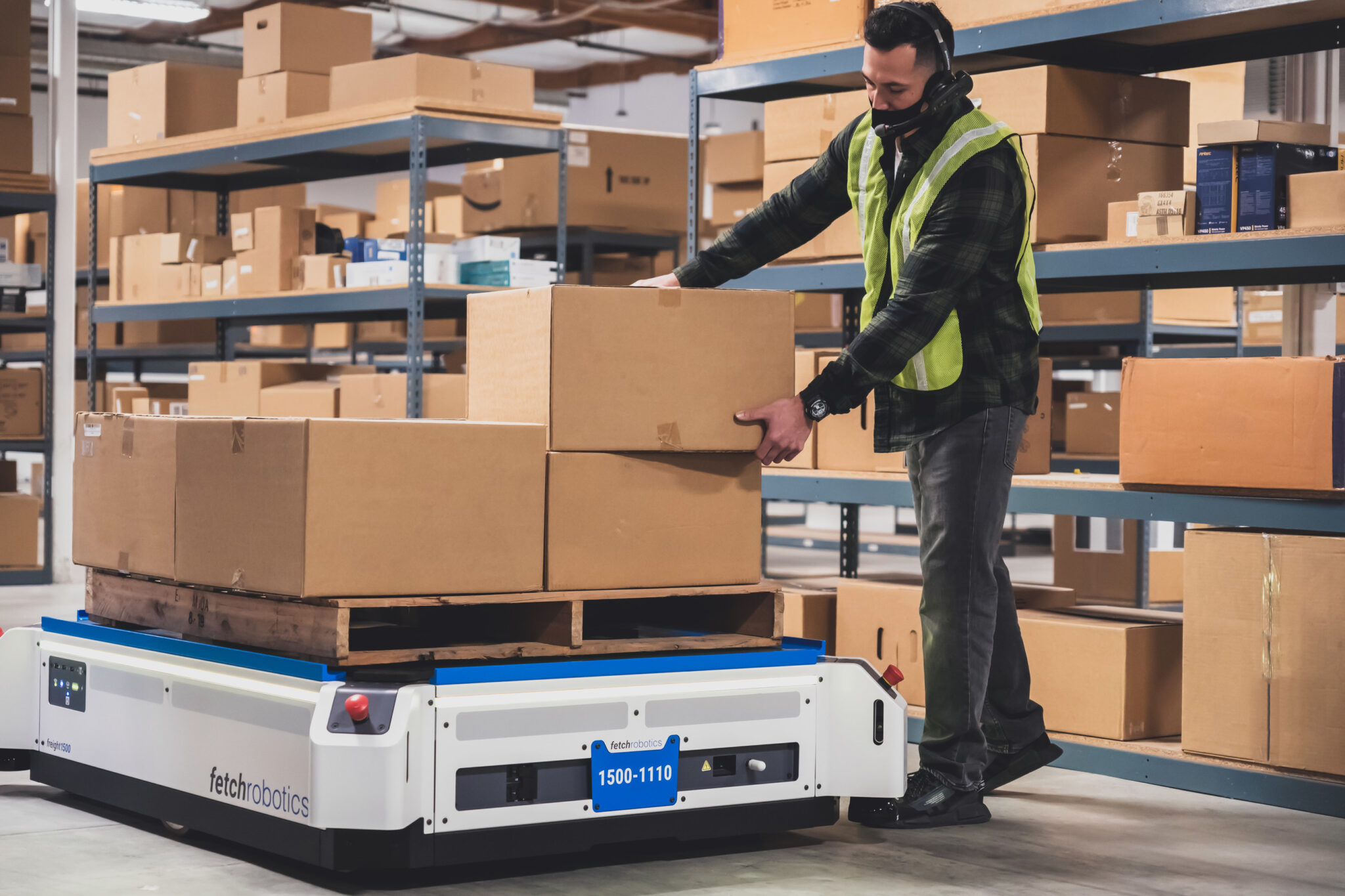PALLITE, an award-winning international designer and manufacturer of 100% recyclable high-density storage units, has launched to the US market with a new manufacturing base in Milwaukee and a presence at the MODEX trade show.
Building on its existing global success, PALLITE’s innovative storage units, PIX, transform warehouses by consolidating pick-faces to maximise available space.
PALLITE PIX is a range of lightweight, flexible, and robust storage and shelving units designed to flex to the ever-changing demands of the modern warehouse. This innovative range of modular storage units can be designed to each customer’s individual requirements, maximising every inch of warehouse space, revolutionising picking efficiencies and improving pick accuracy.
Constructed from honeycomb board, PIX units can be built in minutes with no tools or expensive installation costs. The durability of each pick-face is impressive, even after the repetition of picking, the pick face retains its form and rigidity to prevent sagging and damage.
The use of interchangeable dividers allows users to quickly introduce multiple additional pick faces to suit product needs and eliminate dead space. One major UK retailer required 9,000 pick-faces quickly to cope with its expanding e-commerce sales. PALLITE rapidly designed custom units with 96 pick locations per unit for delivery within two weeks. The customer was able to build all units on site within eight hours.
Lightweight and forklift compatible, PIX units come fitted with pallet feet to allow easy movement.
Customers can choose from an extensive standard range or opt for a tailor-made solution, allowing them to specify units that meet their own space or pick-face requirements. The recent addition of an angled shelf unit allows customers to specify a picking solution that solves the problem of SKUs sliding out the front of the pick-face. Each shelf has a smooth edge applied for labelling to allow for items to be easily identified to improve pick accuracy. The PALLITE PIX range is strong enough to hold up to up to 1,100lb (500kg) per unit and remains lightweight to protect teams from manual handling injuries.
“Consumer demands are ever-changing, and supply chains are always under pressure to squeeze the asset against headwinds. With shifts in sales density and store sizes changing, labour and fuel inflation, as well as more dynamic consumers, it is more important than ever to focus on more flexible use of space and improving productivity,” said Iain Hulmes, PALLITE Group CEO.







